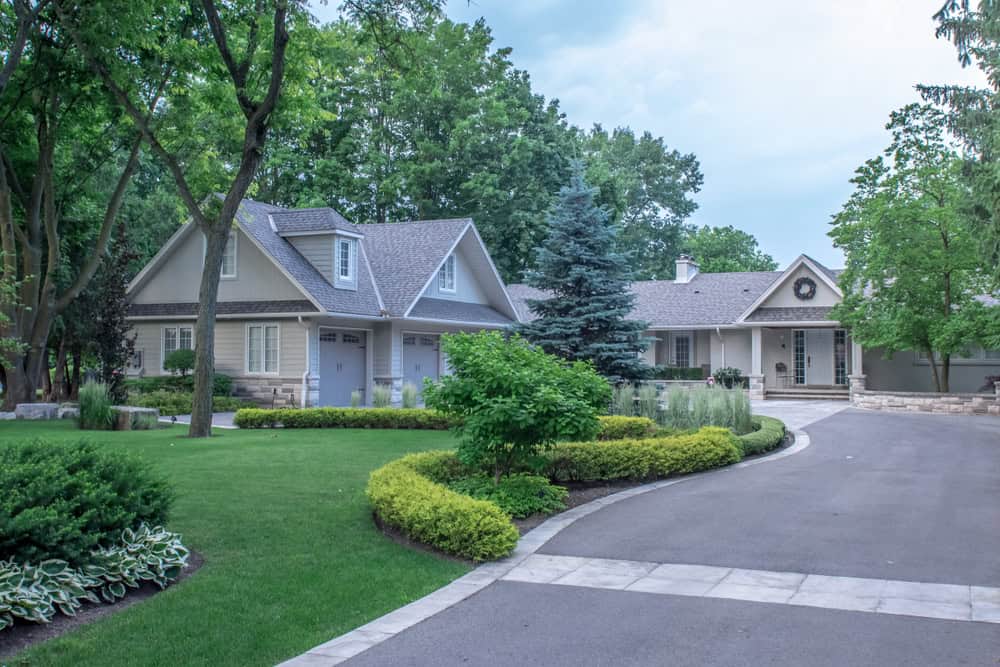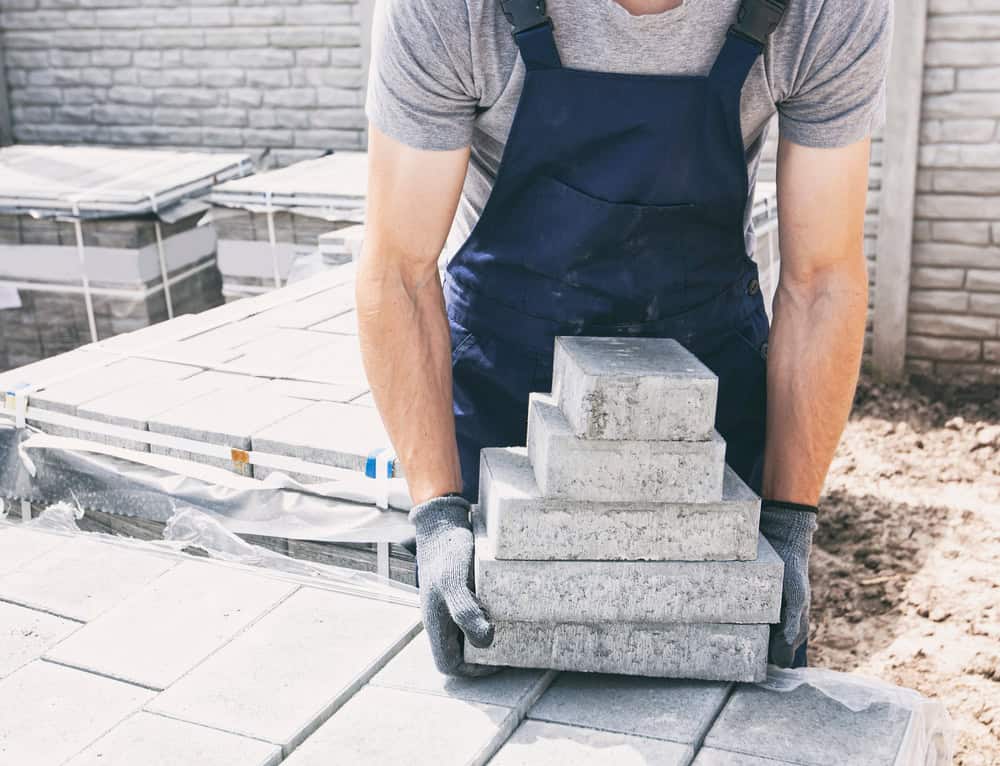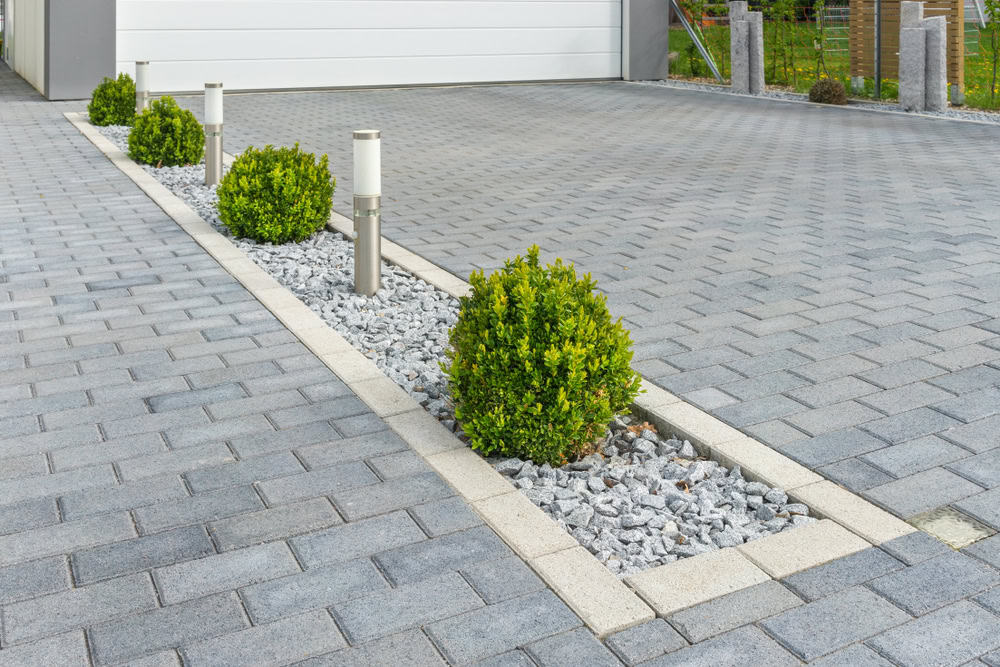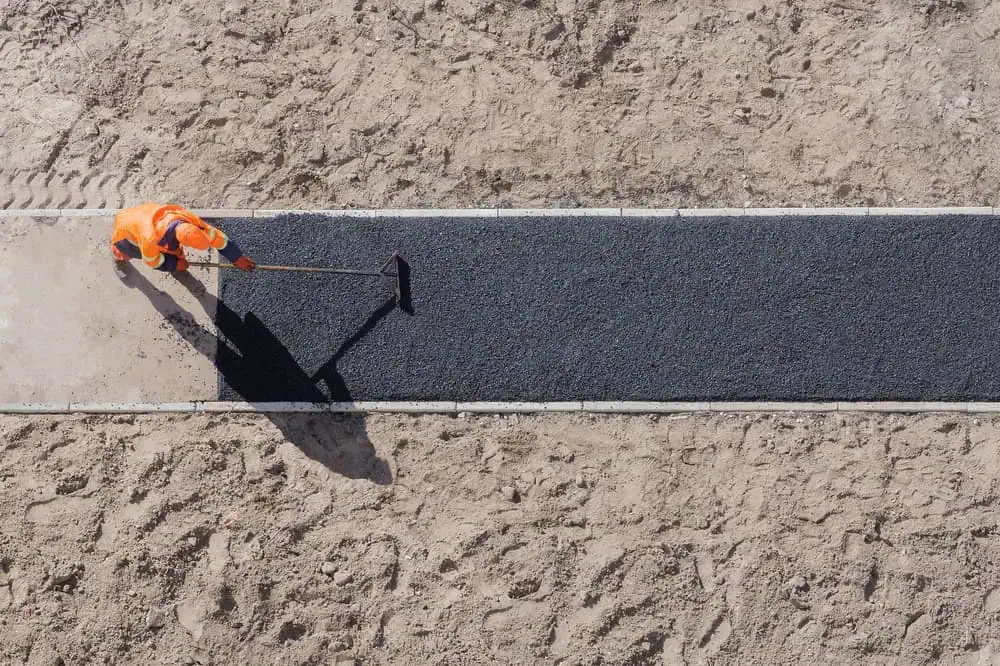Get professional paver installation with the right base and drainage, so your patio or driveway keeps looking great for decades to come.


Your backyard becomes the place everyone wants to gather. No more avoiding that cracked concrete patio or dealing with muddy grass when you want to entertain.
Proper paver installation handles New England’s weather without ease. No cracking like concrete. No constant sealing like wood decks. Just a solid surface that looks great year after year.
You get the kind of curb appeal that adds real value to your Weston property. Clean lines, quality pavers, and an installation that won’t have the neighbors whispering about crooked edges or sinking spots.
Academy Masonry has been handling paving installations throughout Weston and the surrounding area for years. We understand the region’s soil conditions, the local regulations, and what it takes to build something that can withstand the harsh climate.
You won’t find us cutting corners on base preparation or using subpar materials. We work with homeowners who want quality and aren’t interested in redoing their outdoor spaces in five years.
Our team of professionally trained, highly skilled paving contractors knows the difference between a quick installation and a proper one. That’s why our projects hold up while others start sinking or shifting after the first winter.

First, we excavate to the proper depth and grade for drainage. This step is non-negotiable because without proper base preparation, even the best pavers will fail. We remove all organic material and create the right slope so water moves away from your foundation.
Next comes the base layer. We use crushed stone, compact it in lifts, and check for proper grade at every step. Then we lay the sand leveling layer and set each paver by hand, double-checking the alignment as we go.
Finally, we sweep polymeric sand into the joints and compact the entire surface. This step locks everything together and prevents weeds from growing between pavers. The result is a surface that stays level and looks professional for decades.

Ready to get started?
Every paver installation starts with proper site preparation and drainage planning. Our brick pation contractors handle all excavation, base preparation, and grading to ensure your pavers stay level and drain properly.
You get professional installation using manufacturer-approved methods. We work with premium paver brands and follow their specifications exactly. No shortcuts that void warranties or cause problems later.
We also handle the details that matter, such as working around existing landscaping, coordinating with any HOA requirements, and ensuring the finished project matches your property’s standards. We keep the job site clean and provide clear communication throughout the entire process.

Local Resources